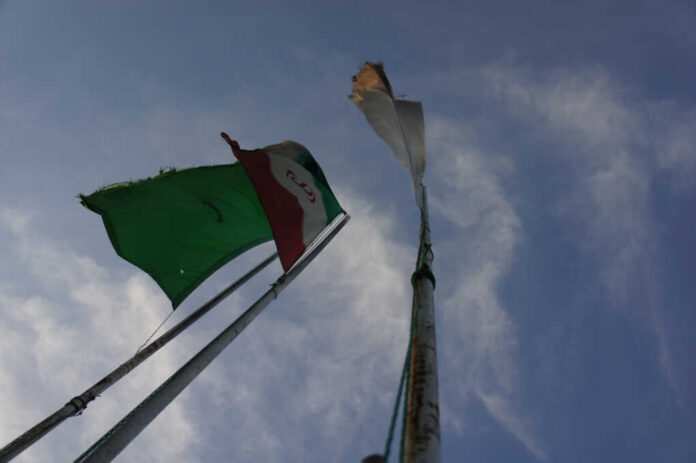Unilateral Strike on Iran: Israel SHAKES Region

Story Snapshot
- Israel unilaterally strikes Iran’s nuclear facilities, provoking regional conflict.
- The U.S. navigates a complex diplomatic crisis, balancing support for Israel and regional stability.
- Iran retaliates with missile and drone attacks, escalating tensions.
- The U.S. faces challenges in maintaining credibility as an ally and mediator.
Escalation in the Middle East
In June 2025, Israel launched a significant military assault on Iran’s nuclear facilities, prompting severe repercussions throughout the Middle East. The International Atomic Energy Agency (IAEA) had declared Iran in violation of its non-proliferation obligations just a day prior. Israel’s decision to act unilaterally underscores its determination to prevent Iran from advancing its nuclear capabilities. This bold move has thrust the U.S. into a challenging position, as it must support its ally while managing broader regional implications.
The Iranian government swiftly retaliated with missile and drone attacks, targeting strategic locations. Though the U.S. denied direct involvement in the Israeli operation, it has provided diplomatic backing to Israel. President Trump’s administration has maintained that Iran’s actions warranted the Israeli response, further complicating the diplomatic landscape. This escalation risks drawing the U.S. into deeper conflict, potentially destabilizing an already volatile region.
Diplomatic Balancing Act
The U.S. finds itself in a precarious position as it attempts to balance its unwavering support for Israel with the need to de-escalate tensions in the Middle East. The Trump administration has been vocal in its support for Israel’s security measures, yet it also understands the importance of stabilizing the region to prevent further conflict. This balancing act is further complicated by the ongoing U.S.-Iran nuclear negotiations, which have resumed for the first time since 2018.
The negotiations represent a critical opportunity to curb Iran’s nuclear ambitions, but they face significant hurdles given the heightened tensions. The U.S. must navigate these diplomatic waters carefully to maintain its credibility as a mediator and ally. Failure to do so could have long-term repercussions on its influence and relationships with other regional actors.
Regional and Global Implications
The recent events have broader implications beyond the immediate conflict. The potential for a regional war looms large, with many concerned about the instability in global energy markets and the humanitarian crisis in Gaza. The continuous Israeli offensives in Gaza exacerbate an already dire situation for Palestinian civilians, drawing international criticism.
Moreover, the U.S. faces increased political polarization at home over its Middle East policy. The administration’s handling of the crisis is under scrutiny, with Congress and intelligence agencies divided over the transparency and extent of U.S. involvement. As the situation unfolds, the world watches closely, recognizing that the outcomes could set precedents for future international relations and security strategies.
Sources:
Council on Foreign Relations (CFR) Global Conflict Tracker
Council on Foreign Relations (CFR) Global Conflict Tracker
Arab Center Washington DC
International Crisis Group


